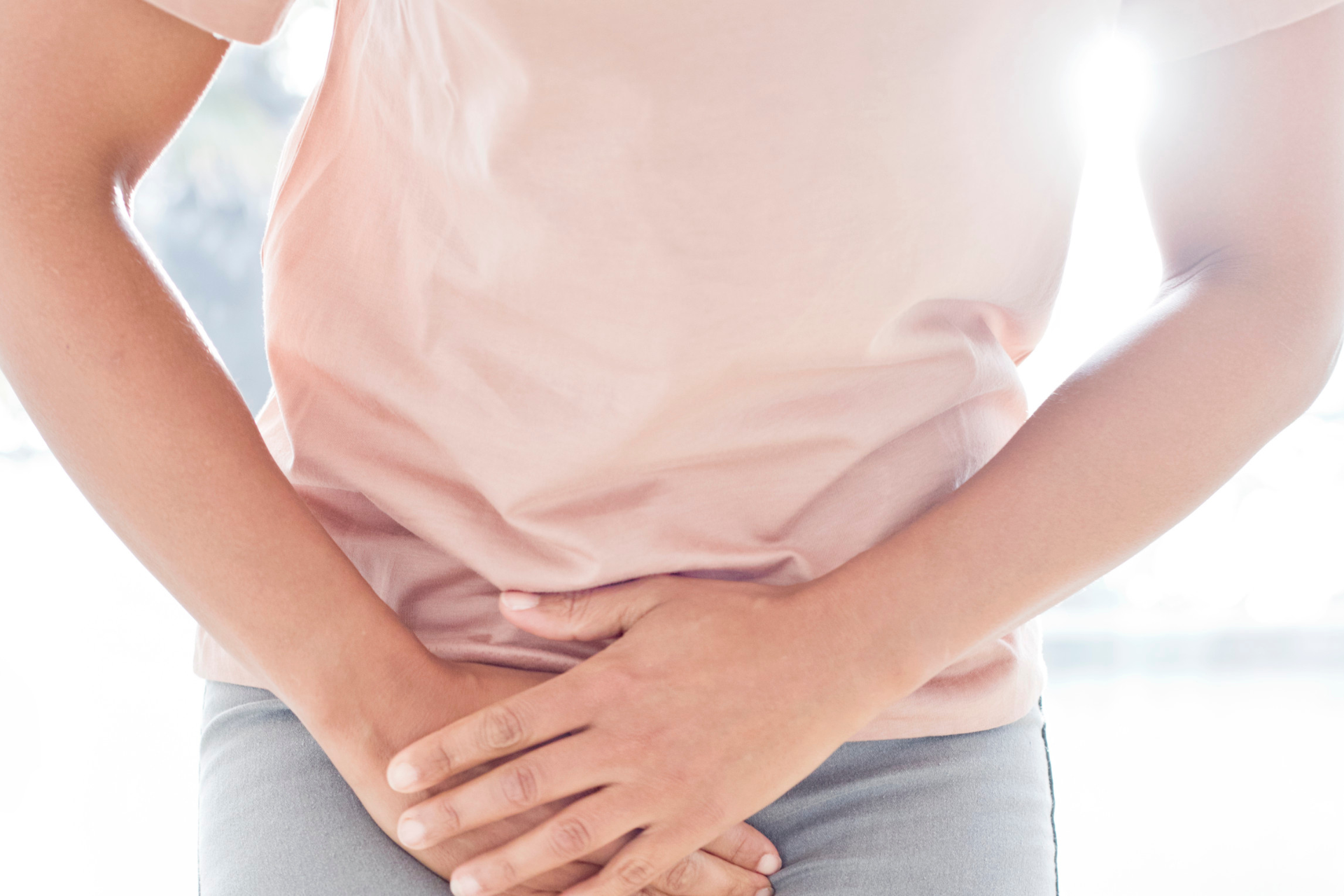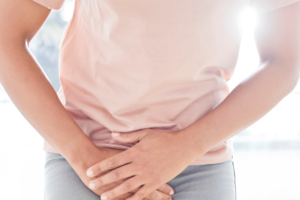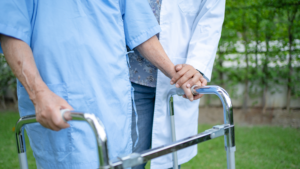

Urinary incontinence is a common issue that can significantly impact one’s daily life in Singapore. It occurs when an individual experiences a loss of control over their bladder function, resulting in unintended leakage of urine.
There are many reasons for urinary incontinence, including pregnancy and childbirth, being overweight, taking certain medications, having diabetes, prostate issues, and surgeries like removing the prostate or uterus. However, in some individuals, disruptions can occur in the coordination leading to urinary incontinence.
Main Causes of Urinary Incontinence
Weak Bladder Muscles
Over time, the muscles used to control the bladder can weaken, resulting in urinary incontinence. Weak bladder muscles are one of the main causes of this condition. As people get older, their bladder control muscles may become weaker, making it harder for them to hold in urine and causing incontinence. This problem is particularly common among older individuals, but it can occur at any age and can have a significant impact on a person’s quality of life.
Bladder Problems
Overactive bladder syndrome and bladder outlet obstruction can cause incontinence. And if you have trouble fully emptying your bladder, it could be due to an obstruction in the urinary tract known as bladder outlet obstruction.
Neurological disorders
Neurological disorders such as stroke, Parkinson’s disease, multiple sclerosis, and spinal cord injuries can affect the nerves that control the bladder, leading to incontinence. For example, individuals who have suffered a stroke, have Parkinson’s disease, multiple sclerosis, or spinal cord injuries, may experience incontinence as a result of nerve damage that affects the bladder’s control.
Urinary tract infections
Urinary tract infections can irritate the bladder, causing urgency and frequency, and leading to incontinence. Furthermore, weak bladder muscles can also lead to incontinence, particularly in older individuals. In men, an enlarged prostate can cause incontinence by blocking the flow of urine from the bladder.
Pregnancy and Childbirth
Pregnancy and menopause are common factors that can increase the likelihood of experiencing urinary incontinence. Pregnant women who experience urinary incontinence are at an increased risk of suffering from it later in life. Menopause, caused by a decline in estrogen levels, can also result in urinary incontinence in women. A study has found that taking estrogen as a treatment is not effective in addressing this condition.
Pregnancy and childbirth can weaken the muscles that control your bladder, causing incontinence. And the changes in hormones during menopause can also affect how your bladder works. Certain medications, such as diuretics, antidepressants, and muscle relaxants, can also cause incontinence as a side effect. Chronic constipation can also put pressure on the bladder, leading to incontinence.
More about urinary incontinence
Urge incontinence is a condition where there’s a sudden and strong urge to urinate, causing involuntary leakage before one can make it to the toilet.
Urinary function is controlled by the brain and the bladder, which work together to store and release urine. The bladder acts as a storage container for urine until the person is ready to empty it. The pelvic floor muscles hold the bladder in place and the bladder’s smooth muscle keeps the urine contained when full.
The bladder’s neck is closed, the muscles around the urethra are tight, the sphincter muscles prevent urine leakage, and the state is kept in. When the person is ready to urinate, the brain sends a signal to the bladder.
The bladder muscles then contract, pushing the urine out through the urethra. The sphincter muscles open, allowing the urine to flow out of the body when the brain, bladder, and muscles coordinate properly. This coordination is essential for proper urinary function and preventing incontinence.
Certain medications such as diuretics, antidepressants, and muscle relaxants can cause incontinence as a side effect.
Managing Urinary Incontinence
Obesity can contribute to urinary incontinence as it affects bladder capacity. To reduce symptoms, losing weight through diet and exercise can improve bladder function. Urinary incontinence is a common issue that affects many people, and many turn to adult diapers, also known as adult pants, to manage it. These diapers offer support and protection and come in various levels of absorbency and styles to meet individual needs.
Whether you have mild leakage or require more substantial protection, adult diapers can be a helpful solution to manage this embarrassing issue. It’s important to know that you don’t have to struggle with incontinence alone.
Recommendation for urinary incontinence
Adult diapers are made with absorbent materials and worn close to the body to prevent leakage. It is important to speak with your physician to determine the best course of treatment for you. Usually, it can be fixed with small changes to your lifestyle and diet or getting medical treatment in Singapore.
Using adult diapers can make people who have trouble controlling when they pee feel more secure and dignified. Adult diapers, together with other products such as pads and liners, can help people with incontinence to maintain their daily activities and independence.
If you are searching for the best diapers in Singapore, please contact us for any enquiries regarding our adult diapers or incontinence products.


